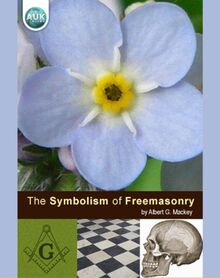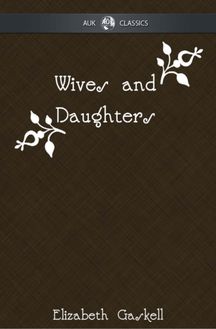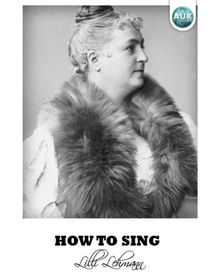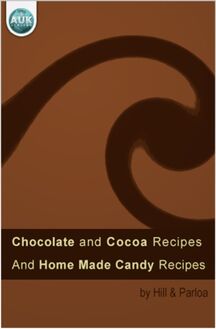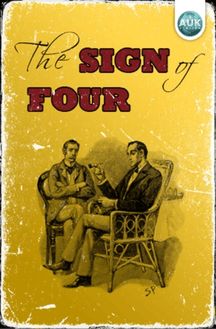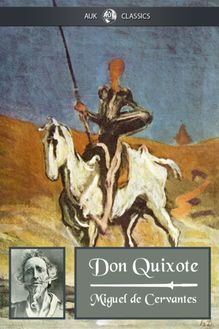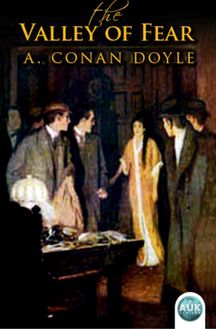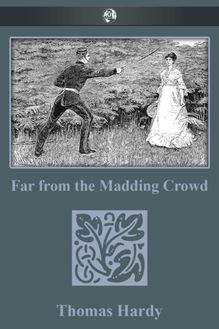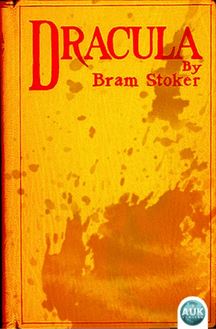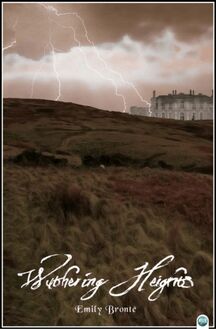How To Sing , livre ebook
68
pages
English
Ebooks
2010
Vous pourrez modifier la taille du texte de cet ouvrage
Obtenez un accès à la bibliothèque pour le consulter en ligne En savoir plus
Découvre YouScribe en t'inscrivant gratuitement
Découvre YouScribe en t'inscrivant gratuitement
68
pages
English
Ebooks
2010
Vous pourrez modifier la taille du texte de cet ouvrage
Obtenez un accès à la bibliothèque pour le consulter en ligne En savoir plus
Publié par
Date de parution
01 septembre 2010
Nombre de lectures
3
EAN13
9781849892063
Langue
English
Poids de l'ouvrage
1 Mo
Publié par
Date de parution
01 septembre 2010
Nombre de lectures
3
EAN13
9781849892063
Langue
English
Poids de l'ouvrage
1 Mo
Title Page
HOW TO SING
[Meine Gesangskunst]
By
Lilli Lehmann
Translated From The German
By
RICHARD ALDRICH
My Purpose
My purp ose is to discuss simply, intelligibly, yet from a scientific point of view, the sensations known to us in singing, and exactly ascertained in my experience, by the expressions “singing open,” “covered,” “dark,” “nasal,” “in the head,” or “in the neck,” “forward,” or “back.” These expressions correspond to our sensations in singing; but they are unintelligible as long as the causes of those sensations are unknown, and everybody has a different idea of them. Many singers try their whole lives long to produce them and never succeed. This happens because science understands too little of singing, the singer too little of science. I mean that the physiological explanations of the highly complicated processes of singing are not plainly enough put for the singer, who has to concern himself chiefly with his sensations in singing and guide himself by them. Scientific men are not at all agreed as to the exact functions of the several organs; the humblest singer knows something about them. Every serious artist has a sincere desire to help others reach the goal - the goal toward which all singers are striving: to sing well and beautifully.
The true art of song has always been possessed and will always be possessed by such individuals as are dowered by nature with all that is needful for it - that is, healthy vocal organs, uninjured by vicious habits of speech; a good ear, a talent for singing, intelligence, industry, and energy.
In former times eight years were devoted to the study of singing - at the Prague Conservatory, for instance. Most of the mistakes and misunderstandings of the pupil could be discovered before he secured an engagement, and the teacher could spend so much time in correcting them that the pupil learned to pass judgment on himself properly.
But art to-day must be pursued like everything else, by steam. Artists are turned out in factories, that is, in so-called conservatories, or by teachers who give lessons ten or twelve hours a day. In two years they receive a certificate of competence, or at least the diploma of the factory. The latter, especially, I consider a crime that the state should prohibit.
All the inflexibility and unskilfulness, mistakes and deficiencies, which were formerly disclosed during a long course of study, do not appear now, under the factory system, until the student’s public career has begun. There can be no question of correcting them, for there is no time, no teacher, no critic; and the executant has learned nothing, absolutely nothing, whereby he could undertake to distinguish or correct them.
The incompetence and lack of talent whitewashed over by the factory concern lose only too soon their plausible brilliancy. A failure in life is generally the sad end of such a factory product; and to factory methods the whole art of song is more and more given over as a sacrifice.
I cannot stand by and see these things with indifference. My artistic conscience urges me to disclose all that I have learned and that has become clear to me in the course of my career, for the benefit of art; and to give up my “secrets,” which seem to be secrets only because students so rarely pursue the path of proper study to its end. If artists, often such only in name, come to a realization of their deficiencies, they lack only too frequently the courage to acknowledge them to others. Not until we artists all reach the point when we can take counsel with each other about our mistakes and deficiencies, and discuss the means for overcoming them, putting our pride in our pockets, will bad singing and inartistic effort be checked, and our noble art of singing come into its rights again.
My Title To Write On Th e Art Of Song
Rarely are so many desirable and necessary antecedents united as in my case.
The child of two singers, my mother being gifted musically quite out of the common, and active for many years not only as a dramatic singer, but also as a harp virtuoso, I, with my sister Marie, received a very careful musical education; and later a notable course of instruction in singing from her. From my fifth year on I listened daily to singing lessons; from my ninth year I played accompaniments on the pianoforte, sang all the missing parts, in French, Italian, German, and Bohemian; got thoroughly familiar with all the operas, and very soon knew how to tell good singing from bad. Our mother took care, too, that we should hear all the visiting notabilities of that time in opera as well as in concert; and there were many of them every year at the Deutsches Landestheater in Prague.
She herself had found a remarkable singing teacher in the Frankfort basso, Föppel; and kept her voice noble, beautiful, young, and strong to the end of her life, - that is, till her seventy-seventh year, - notwithstanding enormous demands upon it and many a blow of fate. She could diagnose a voice infallibly; but required a probation of three to four months to test talent and power of making progress.
I have been on the stage since my eighteenth year; that is, for thirty-four years. In Prague I took part every day in operas, operettas, plays, and farces. Thereafter in Danzig I sang from eighteen to twenty times a month in coloratura and soubrette parts; also in Leipzig, and later, fifteen years in Berlin. In addition I sang in very many oratorios and concerts, and gave lessons now and then.
As long as my mother lived she was my severest critic, never satisfied. Finally I became such for myself. Now fifteen years more have passed, of which I spent eight very exacting ones as a dramatic singer in America, afterward fulfilling engagements as a star, in all languages, in Germany, Austria, Hungary, France, England, and Sweden. My study of singing, nevertheless, was not relaxed. I kept it up more and more zealously by myself, learned something from everybody, learned to hear myself and others.
For many years I have been devoting myself to the important questions relating to singing, and believe that I have finally found what I have been seeking. It has been my endeavor to set down as clearly as possible all that I have learned through zealous, conscientious study by myself and with others, and thereby to offer to my colleagues something that will bring order into the chaos of their methods of singing; something based on science as well as on sensations in singing; something that will bring expressions often misunderstood into clear relation with the exact functions of the vocal organs.
In what I have just said I wish to give a sketch of my career only to show what my voice has endured, and why, notwithstanding the enormous demands I have made upon it, it has lasted so well. One who has sung for a short time, and then has lost his voice, and for this reason becomes a singing teacher, has never sung consciously; it has simply been an accident, and this accident will be repeated, for good or for ill, in his pupils.
The talent in which all the requirements of an artist are united is very rare. Real talent will get along, even with an inferior teacher, in some way or another; while the best teacher cannot produce talent where there is none. Such a teacher, however, will not beguile people with promises that cannot be kept.
My chief attention I devote to artists, whom I can, perhaps, assist in their difficult, but glorious, profession. One is never done with learning; and that is especially true of singers. I earnestly hope that I may leave them somethin g, in my researches, experiences, and studies, that will be of use. I regard it as my duty; and I confide it to all who are striving earnestly for improvement.
Grünewald, Oct. 31, 1900.
Section I
Preliminary Practice
It is very important for all who wish to become artists to begin their work not with practical exercises in singing, but with serious practice in tone production, in breathing in and out, in the functions of the lungs and palate, in clear pronunciation of all letters, and with speech in general.
Then it would soon be easy to recognize talent or the lack of it. Many would open their eyes in wonder over the difficulties of learning to sing, and the proletariat of singers would gradually disappear. With them would go the singing conservatories and the bad teachers who, for a living, teach everybody that comes, and promise to make everybody a great artist.
Once when I was acting as substitute for a teacher in a conservatory, the best pupils of the institution were promised me, - those who needed only the finishing touches. But when, after my first lesson, I went to the director and complained of the ignorance of the pupils, my mouth was closed with these words, “For Heaven’s sake, don’t say such things, or we could never keep our conservatory going!”
I had enough, and went.
The best way is for pupils to learn preparatory books by heart, and make drawings. In this way they will get the best idea of the vocal organs, and learn their functions by sensation as soon as they begin to sing. The pupil should be subjected to strict examinations.
In what does artistic singing differ from natural singing?
In a clear understanding of all the organs concerned in voice production, and their functions, singly and together; in the understanding of the sensations in singing, conscientiously studied and scientifically explained; in a gradually cultivated power of contracting and relaxing the muscles of the vocal organs, that power culminating in the ability to submit them to severe exertions and keep them under control. The prescribed tasks must be mastered so that they can be done without exertion, with the whole heart and
